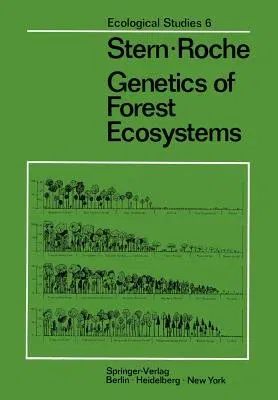K Stern
(Author)Genetics of Forest Ecosystems (Softcover Reprint of the Original 1st 1974)Paperback - Softcover Reprint of the Original 1st 1974, 11 November 2011

Qty
1
Turbo
Ships in 2 - 3 days
In Stock
Free Delivery
Cash on Delivery
15 Days
Free Returns
Secure Checkout
Part of Series
Ecological Studies
Print Length
332 pages
Language
English
Publisher
Springer
Date Published
11 Nov 2011
ISBN-10
364265519X
ISBN-13
9783642655197
Description
Product Details
Book Edition:
Softcover Reprint of the Original 1st 1974
Book Format:
Paperback
Country of Origin:
NL
Date Published:
11 November 2011
Dimensions:
24.41 x
16.99 x
1.85 cm
ISBN-10:
364265519X
ISBN-13:
9783642655197
Language:
English
Location:
Berlin, Heidelberg
Pages:
332
Publisher:
Series:
Weight:
562.45 gm

